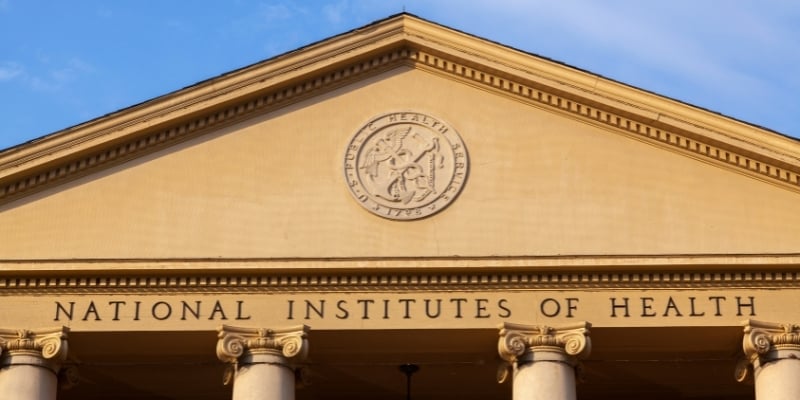Faculty at the Colorado School of Public Health are adamant when it comes to best practices in working alongside with and in service to the community. “We need to ask what the health needs of the community actually are before embarking on any project,” says professor Evelinn Borrayo. “It’s easy to make assumptions about concerns that may not be the primary concerns for a community, or may not even exist.”
This highlights the importance of collaborating with the communities that providers are trying to serve to co-develop and implement solutions to public health problems. Greeley, Colorado is a community that includes 40 percent Hispanic or Latinx residents, a large proportion of whom are migrant workers, non-English speakers, low-income, or unfamiliar with the American health care system.
Greeley is also home to the Colorado School of Public Health at University of Northern Colorado (UNC). UNC as a whole is recognized by the Carnegie Foundation’s Classification for Community Engagement, reflecting an institutional emphasis on community involvement and benefit, as well as a commitment to immense and varied opportunities for students to apply what is learned in the classroom with community organizations and partners. The region’s Latino population is a particular focus as UNC strives to be recognized as a Hispanic Serving Institution (an institution where at least 25 percent of students identify as Hispanic).
Recently, ColoradoSPH at UNC joined with the City of Greeley to bring together local Latinx organizations. The event was originally advertised as an opportunity for the Latinx community to learn more about health resources that cater to the region, but as the night wore on, the forum event evolved into a conversation between the local health organizations about how they might more effectively approach engagement with the local Latino community.
Representatives from Habitat for Humanity, the Weld County Health Department, City of Greeley Recreation, North Colorado Health Alliance, Planned Parenthood, Weld County Area Agency on Aging, Greeley-Evans Transit, and Greeley Farmers Market gathered around tables in Greeley’s Rodarte Community Center to listen to Borrayo speak about health disparities in Colorado. Borrayo, who is the Associate Director for Community Outreach and Engagement at the University of Colorado Cancer Center, and Associate Director of ColoradoSPH’s Latino Research and Policy Center, highlighted a list of public health issues that disproportionately affect the Latino population, including obesity, unintended pregnancy, cavities, seatbelt usage, tuberculosis and HIV infection. For residents of Greeley, colorectal cancer is also of particular concern.
Following the panel, event organizer and ColoradoSPH at UNC alumnus Juan Gomez Mendiola, MPH ’14, posed the question that would drive the discussion for the rest of the night. “I work in the Latino community, and I see a huge need,” he said. “How are we going to get information to people?”
The conversation that followed brainstormed gaps in the way organizations provide services to the area’s diverse communities and residents. Events that provide dinner and childcare are a start, but getting to a community center on a snowy night can create barriers, especially for those who have worked long shifts or might not have access to a car. Holding events where people already are, like factories where they work, parking lots of grocery stores, or in the elementary schools where parents pick their children up, could make conversations about resources more convenient while improving reach.
Another theme of the night was the need for more collaboration and conversation between the organizations providing the services. Most of the organizations represented have tried to improve community engagement, but were often unaware of the techniques and venues that other organizations were successfully using. Bringing groups together in the same place allows the organizations to leverage each other’s strengths and audiences to spread their individual and collective messages.
ColoradoSPH Dean Jon Samet emphasized that the school should be seen as one of the partners that can help local organizations. The school has a body of researchers studying effective engagement strategies, in different communities and on a variety of health topics, that can inform local efforts. He suggested that organizations partner with the school for support in identifying what barriers to engagement can be addressed quickly or with small changes to set organizational priorities.
Throughout the conversation about approaches to reaching local communities, participants continually brought up concerns about how to build trust within these groups and not be seen as outsiders, sweeping in to make determinations about needs and solutions inconsistent with community values, and leaving again. Gomez Mendiola emphasized the importance of trust saying that many in the population were mistrustful of outsiders out of fear of deportation or legal harassment. While many in the room spoke about showing up regularly, partnering with community members, leveraging word of mouth within the community, and putting an effort in to learn from the community before attempting to give education, Borrayo had a different solution: “Let’s pass getting trust [from the entire community] for now,” she proposed. “That’s slow and takes time, but we can show up and provide resources anyway. The trust will come.”






